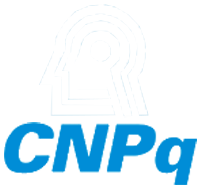AVALIAÇÃO MISTA PARA PROMOÇÃO DA QUALIDADE DA EDUCAÇÃO INFANTIL: POTENCIALIDADES E TENSÕES EM PRODUÇÃO COLETIVA
Palavras-chave:
avaliação mista, educação infantil, qualidade, políticas públicasResumo
A avaliação da qualidade na e da Educação Infantil constitui-se como um campo de conhecimentos e práticas mobilizadores de aspectos estruturantes para a área, que transitam da competência dos diferentes agentes nos processos avaliativos aos seus efeitos na efetivação da política pública. Nos marcos de uma avaliação alinhada à promoção da qualidade e no reconhecimento da Educação Infantil como uma política pública submetida ao controle social, propõe-se a discussão sobre as potencialidades e tensões presentes na avaliação mista, um modelo de avaliação que combina procedimentos e instrumentos internos e externos às instituições. A discussão parte de uma experiência de avaliação mista realizada junto com a equipe técnica do Núcleo de Assessoria Técnica (NAT) do Ministério Público do Estado de São Paulo (MPSP), no âmbito do Grupo de Atuação Especial de Educação - Núcleo [Informação oculta para não identificação dos autores] (GEDUC). A avaliação externa possibilita um olhar técnico e multiprofissional alinhado às proposições da política pública e das orientações de qualidade. Por sua vez, há que se considerar que ela se coloca no processo com poderes diferenciados. A avaliação interna promove uma autorreflexão coletiva da qualidade do atendimento e corre o risco de pouco avançar a qualidade por ser dependente de processos maduros de participação e escuta de diferentes atores institucionais. É o cruzamento destes olhares, numa perspectiva dialógica, que apresenta possibilidades de superação desses limites e também convida à reflexão sobre os desafios que ela própria também instaura na dinâmica das relações entre as pessoas e órgãos públicos.
Downloads
Downloads
Publicado
Edição
Seção
Licença
Copyright (c) 2023 Educação em Revista

Este trabalho está licenciado sob uma licença Creative Commons Attribution 4.0 International License.
Todo o conteúdo do periódico, exceto onde está identificado, está licenciado sob uma Licença Creative Commons do tipo atribuição BY. Esta licença permite que outros distribuam, remixem, adaptem e criem a partir do trabalho publicado na Educação em Revista, mesmo para fins comerciais, desde que lhe atribuam o devido crédito pela criação original. Caso o autor seja o responsável pela remixagem e/ou adaptação, ele deverá enviar mensagem à editoria da Educação em Revista informando tal situação, com a comprovação da atribuição de crédito da publicação original.


























